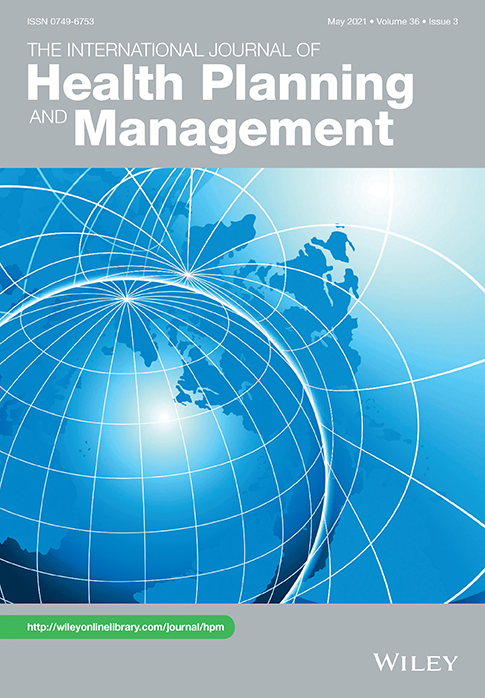Iran hospital accreditation standards: challenges and solutions
Abstract
Objective
The purpose of this study was to identify the challenges of Iranian hospital accreditation standards and provide solutions.
Design
A qualitative research design was used in this study. Open and semi-structured interviews were conducted in 2018. Thematic analysis was used to analyse qualitative data.
Setting
Public, private, semi-public, charity and military hospitals in Tehran, Iran.
Participants
A pluralistic evaluation approach was employed and 151 participants including policy makers, hospital management and staff, accreditation surveyors and university professors participated in this study.
Results
Challenges of hospital accreditation standards were grouped into two groups: standards development process and standards content. Lack of an independent standards development committee, insufficient expertise of committee members, inconsistencies among the standards’ constructs, inappropriate standard classification, ambiguity of standards, unmeasurable standards, vague and inflexible scoring system, and inability to use some standards were the main challenges of Iran hospital accreditation standards. Establishing a scientific committee consisting of representative from hospitals, health insurance companies, professional and scientific associations and universities for standard development, training the committee members, and utilizing hospital's feedback will help address these problems.
Conclusion
Iran's hospital accreditation standards face challenges that prevent them from achieving their goals, that is, improving the quality, safety, effectiveness and efficiency of hospital services. Necessary measures should be taken to solve these problems.
CONFLICT OF INTEREST STATEMENT
All authors have completed the ICMJE uniform disclosure form and declared: no disclosure for the submitted work. Second author was former director of healthcare accreditation at Ministry of health, Iran. No other relationships or activities that could appear to have influenced the submitted work.
Open Research
DATA AVAILABILITY STATEMENT
The data that support the findings of this study are available from the corresponding author upon reasonable request.




